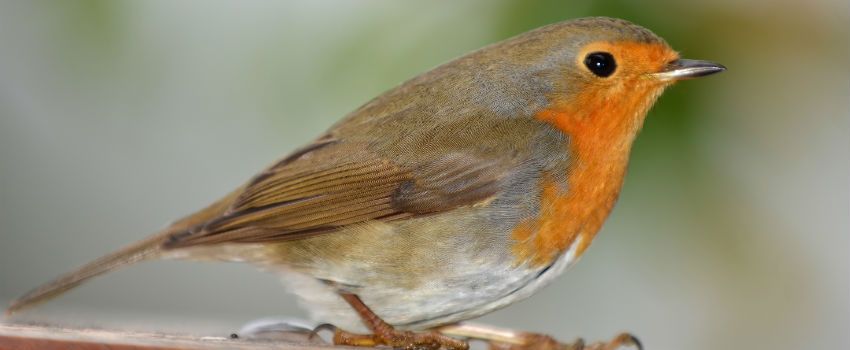
The Big Garden Birdwatch just celebrated its 40th anniversary and is an opportunity for people from every walk of life and age to count the number of birds that visit their gardens, helping the RSPB develop some kind of understanding of exactly how the birds are doing. This year, nearly 500,000 people throughout the UK participated and an astonishing 7.5 million birds were counted.
Last weekend of January
The Big Garden Birdwatch takes place every year on the last weekend in January and the results found that the number one species of bird in the UK continues to be the house sparrow. There were some decreases in sightings of long-tailed tits and wrens, both of which experienced double digit percentage drops after a large number of sightings in 2018. Their populations may have been affected by the cold weather last year known as the Beast from the East, and at this stage it is still to early to say whether this is a single blip or the start of a broad trend.
Working out the winners and losers
Over forty years the Big Garden Birdwatch has told us who the winners and losers are in the world of garden birds. The survey alerted the RSPB to the fact that thrush numbers were falling. The species used to be regularly ranked in the top ten during the seventies but by 2009 their numbers were half those recorded by 1979.
The rankings remain the same
The survey has recorded the good fortunes of some species such as the wood pigeon and goldfinch, whilst also demonstrating the alarming decline of house sparrows and starling. The news for these two species though does seem to be good. The house sparrow continues to remain the number one most commonly seen garden bird with over 1.2 million sightings of the species over the weekend of the Big Garden Birdwatch. Starling came in at second and the blue tit moved into third position.
School children took part
The country’s schoolchildren participated in RSPB’s Big Schools Birdwatch during the first half of Spring term. 60,000 school children participated in a UK-wide survey of birds on school grounds. Blackbirds ended up being the species of bird that most frequently seen with an average of eight per school and was seen in 89 per cent of the schools that participated.
Highlighting the crisis
Over the last half century there has been a crisis with the loss of over 40 million wild birds from the UK. In order to bring the crisis to the public attention RSPB released a special track of birdsong titled ‘Let Nature Sing’. The single contains some of the most recognisable birdsongs that could well disappear forever. It is a complication of beautiful sound recordings of bird songs plus some particularly resonant conservation stories. RSPB wants the public to download, stream and share the single to help it get it in the charts for the first time.





